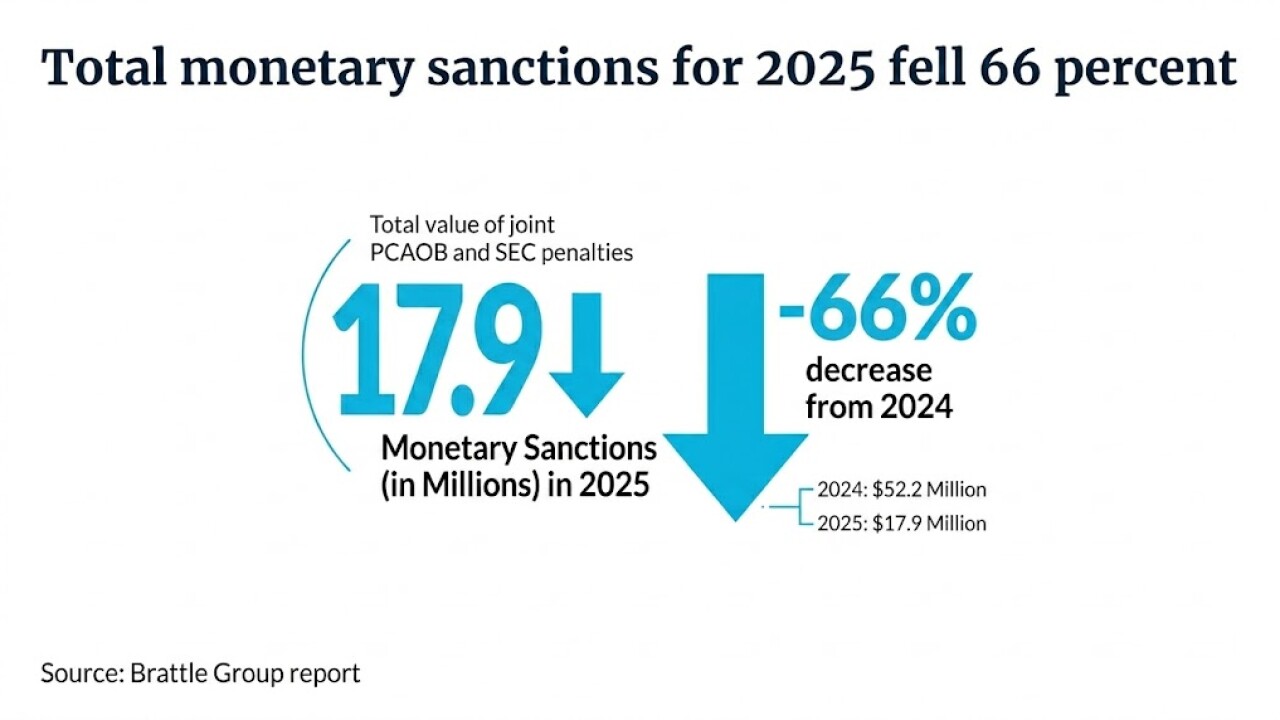The Internal Revenue Service has been doing a better job of auditing small corporations in recent years, according to a new government report, but potential quality concerns remain.
The
Many corporations in the United States are considered closely held because they are owned by one shareholder or a closely knit group of shareholders, TIGTA noted. These shareholders typically exercise significant control over managing and directing the day-to-day operations of the corporation, providing them with opportunities to improperly structure transactions that reduce the amount of income taxes owed by the small corporation or its shareholders.
TIGTA found that the IRS has established many key procedures and guidelines for auditing such returns. That may have contributed to the increasing amount of recommended additional taxes generated by the audits.
However, when TIGTA reviewed a nonstatistical sample of 51 closed corporate audits, it found potential quality concerns in 19 of them. For example, IRS examiners did not always document the steps taken to investigate significant differences between the labor costs deducted in the corporate return and the amounts reflected on employment tax returns filed with the IRS.
Many of the quality concerns involved issues between the corporate return and other tax returns that were or should have been filed by the corporation, such as information returns and employment tax returns, or which were related to it, such as the shareholder’s individual tax return).
"Corporations and shareholders that understate their tax liabilities can create an unfair burden on honest taxpayers and diminish the public's respect for the tax system," said TIGTA Inspector General J. Russell George in a statement.
TIGTA recommended that the IRS provide additional guidance to first-line managers to improve the feedback provided to field examiners on using the IRS's automated information systems to enhance the quality of their required filing checks for audits of small corporations.
IRS officials agreed with the recommendation and plan to issue a memorandum to first-line managers concerning the use of automated information systems to enhance required filing checks and address feedback provided to field examiners.
“We believe ensuring compliance with the filing of all related returns is an important audit technique to enhance voluntary compliance and concur with your recommendation,” wrote Faris R. Fink, commissioner of the IRS’s Small Business/Self-Employed Division.





